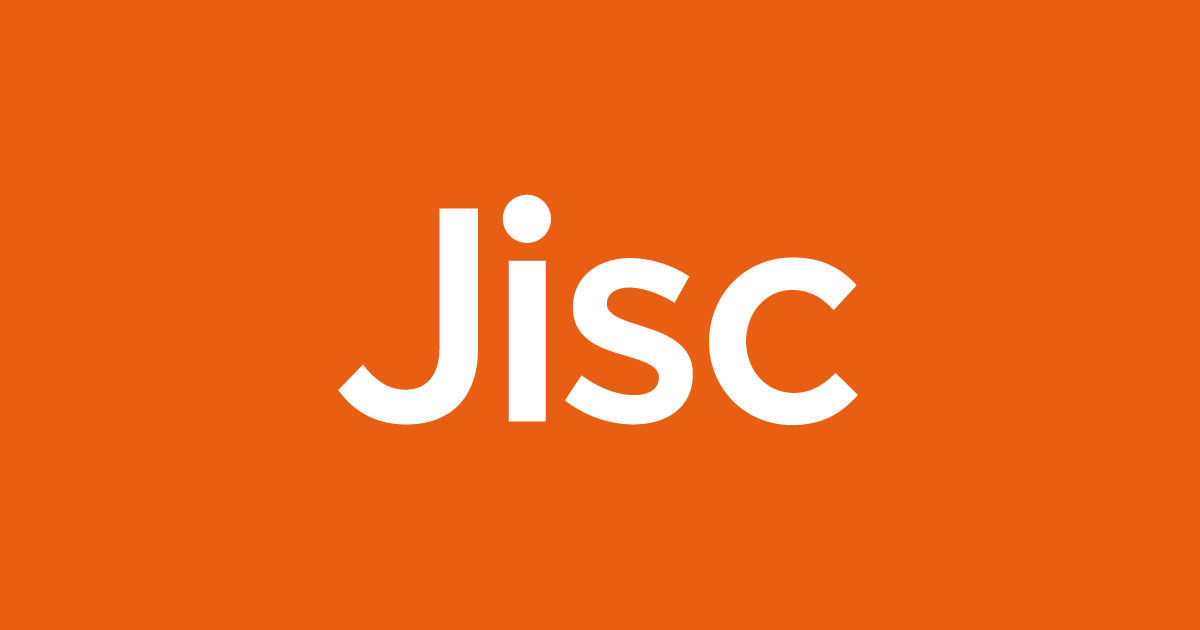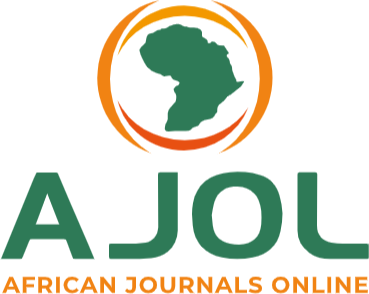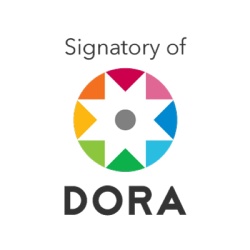Students' attitudes towards digital culture: a field study on a sample of students of the Faculty of Arts and Humanities in Sfax
اتجاهات الطلبة نحو الثقافة الرقمية: دراسة ميدانية على عينة من طلبة كلية الآداب والعلوم الانسانية بصفاقس
Abstract
The study aimed to identify students' attitudes towards digital culture. The study adopted the descriptive approach using the questionnaire form and the open interview to collect data. The study was applied to a sample of 150 male and female students belonging to the Department of Sociology at the Faculty of Arts and Humanities in Sfax, and the study concluded that there are positive attitudes of students towards digital culture and their awareness of the importance of using modern technologies in the educational process, in addition to cultural dependence occupying the first place among the most negative of digital culture from their point of view, and the data revealed that the majority of students prefer traditional education to e-learning.
Downloads
References
Gilbert, P. (2000). Management knowlegebuilding blocks for succes. New-York. John-Willy a Sous.
Marson, R, Rennie, F. (2006). E. learning the key concepts. New-York. Routhedge.
- Arabic references in English:
Al-Lawah, Khalil (2020). Digital Transformation in the Time of the Pandemic. Al-Boughaz Journal for Legal and Judicial Studies, 7, pp. 225-235.
Al-Tlili, Jalal (2006). The Practice of Public Internet and Comprehensive Development: A Field Study in the Cities of Sfax and Gabes. Proceedings of the Second International Local Section Symposium: The Local Community and Development, Strategies and Challenges.
Al-Hanashi, Samia (2021). Why Women Succeed Better than Men in Education and Less So in the Job Market. Retrieved from inkyfada.com/10/9/2021.
Al-Omari, Alaeddin Youssef (2014). Digital Culture and the Role of E-Government in Eradicating Knowledge Illiteracy. Retrieved from www.akhbar-alkhaleej.com/30/4/2014
Ben Zeineb, Fatma (2019). The Space of Public Reading and its Role in Activating and Spreading Information Culture and Digital Culture. The Arab Journal, 57, pp. 1-22.
Bou Taleb, Manal (2021). Digitization of Culture: A Sociocultural Reading. The Jordanian International Journal of Ariam for Humanities and Social Sciences, 3.3, pp. 96-107.
Rahouma, Ali Mohamed (2008). Automated Sociology: An Approach in Arab Sociology and Computer Communication. Kuwait. National Council for Culture, Arts, and Letters.
Abdel Alim, Ramadan Mahmoud (2019). Digital Culture among Postgraduate Educational Students at Egyptian Universities in Light of Knowledge Economy Requirements. Journal of the Faculty of Education, 184, pp. 1537-1593.
Murad, Sami Mahmoud (2020). Organizational and Technological Readiness of Universities and Their Role in Supporting the Knowledge Economy and Enhancing Digital Transformation according to Vision 2030. Journal of Development Research and Studies, 2.6, pp. 66-107.
Mohammedi, Salihah, Bakhoush, Sami (2021). Digital Culture: An Analytical Study of the Concept. The Algerian Journal of Security and Development, 10.2, pp. 1-10.
Mazhoud, Amina (2013). Digital Culture among Female Students and its Role in Reducing the Digital Divide: A Field Study with Students of the University Residence Ali Mendjeli 03-Constantine. Master's thesis in Library Science, Specialization in Modern Technology. Algeria.
Yahya Al-Yahyawi, Yahya (2002). Globalization, Technology, and Culture. 1st ed. Beirut. Dar Al-Tali'a.

This work is licensed under a Creative Commons Attribution-NonCommercial 4.0 International License.





















